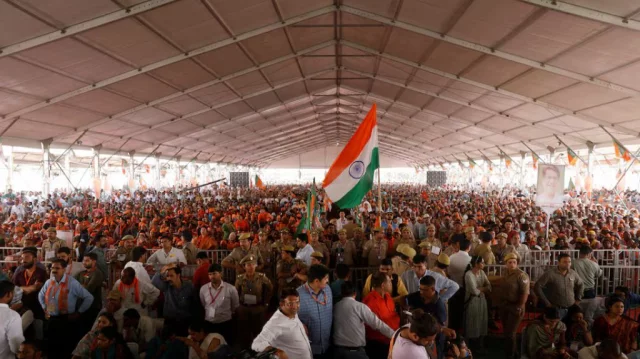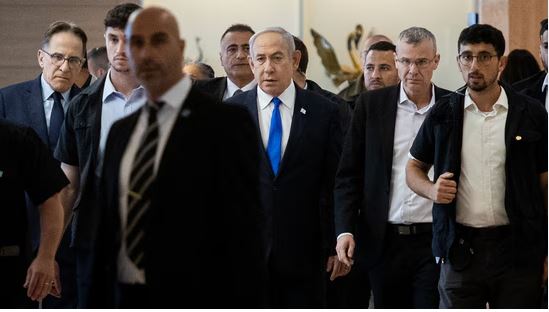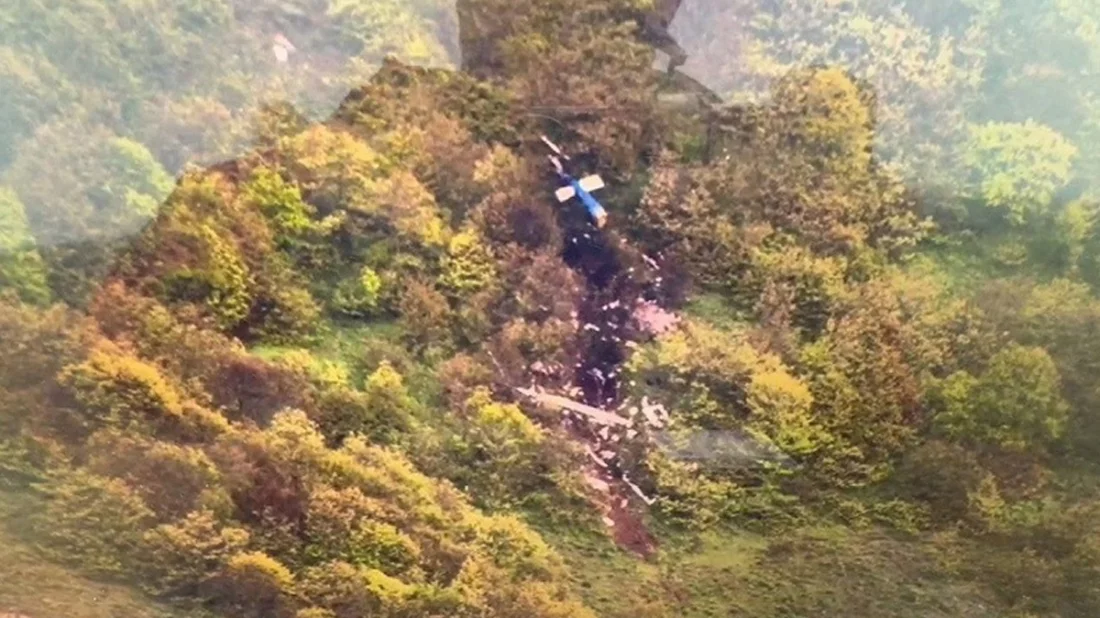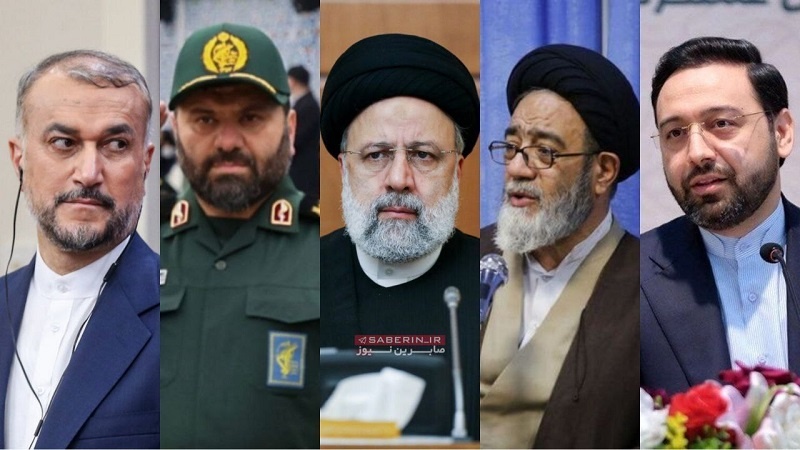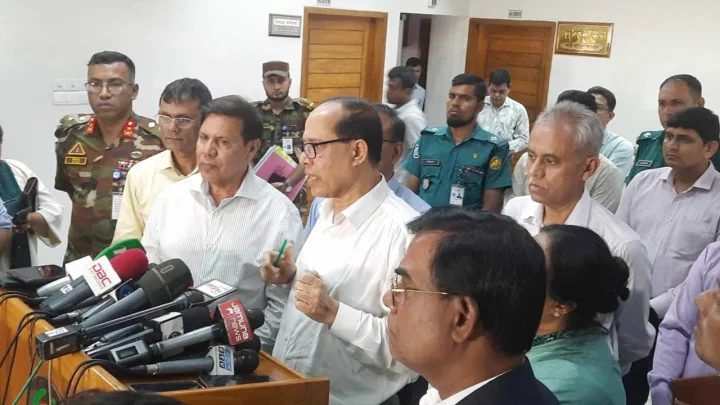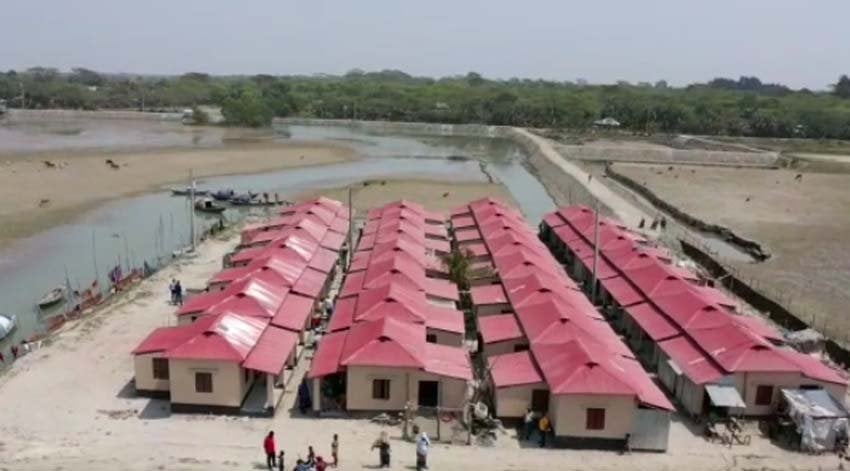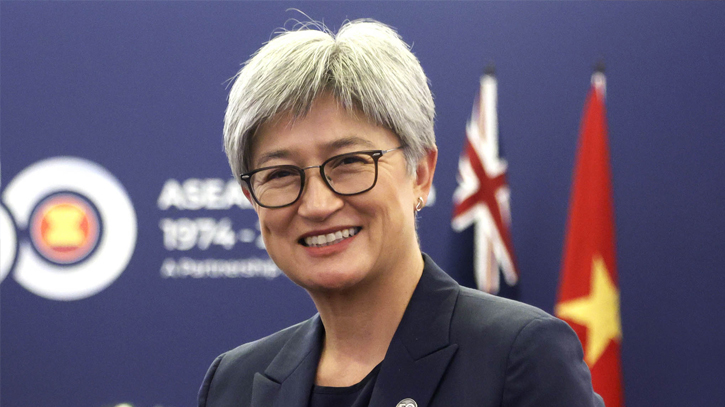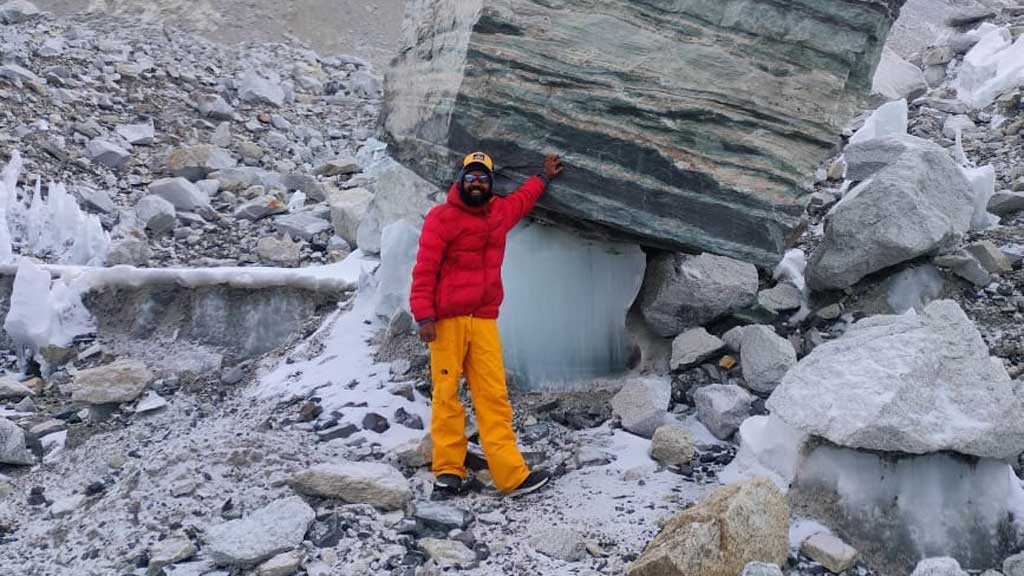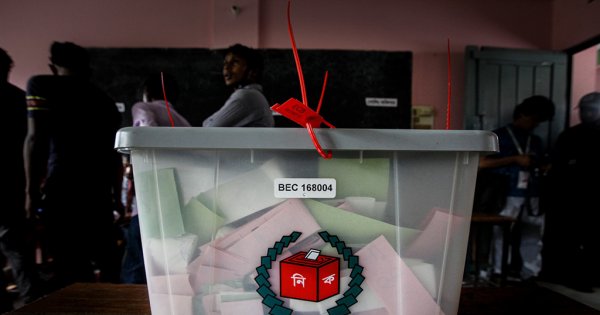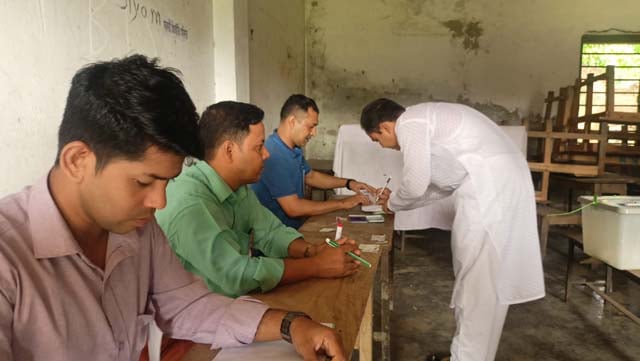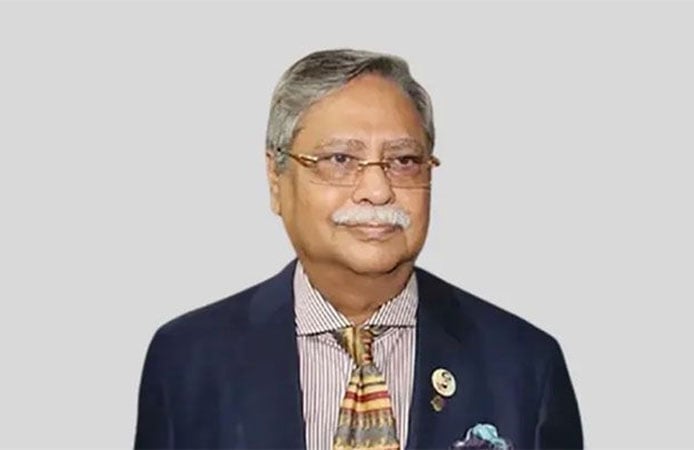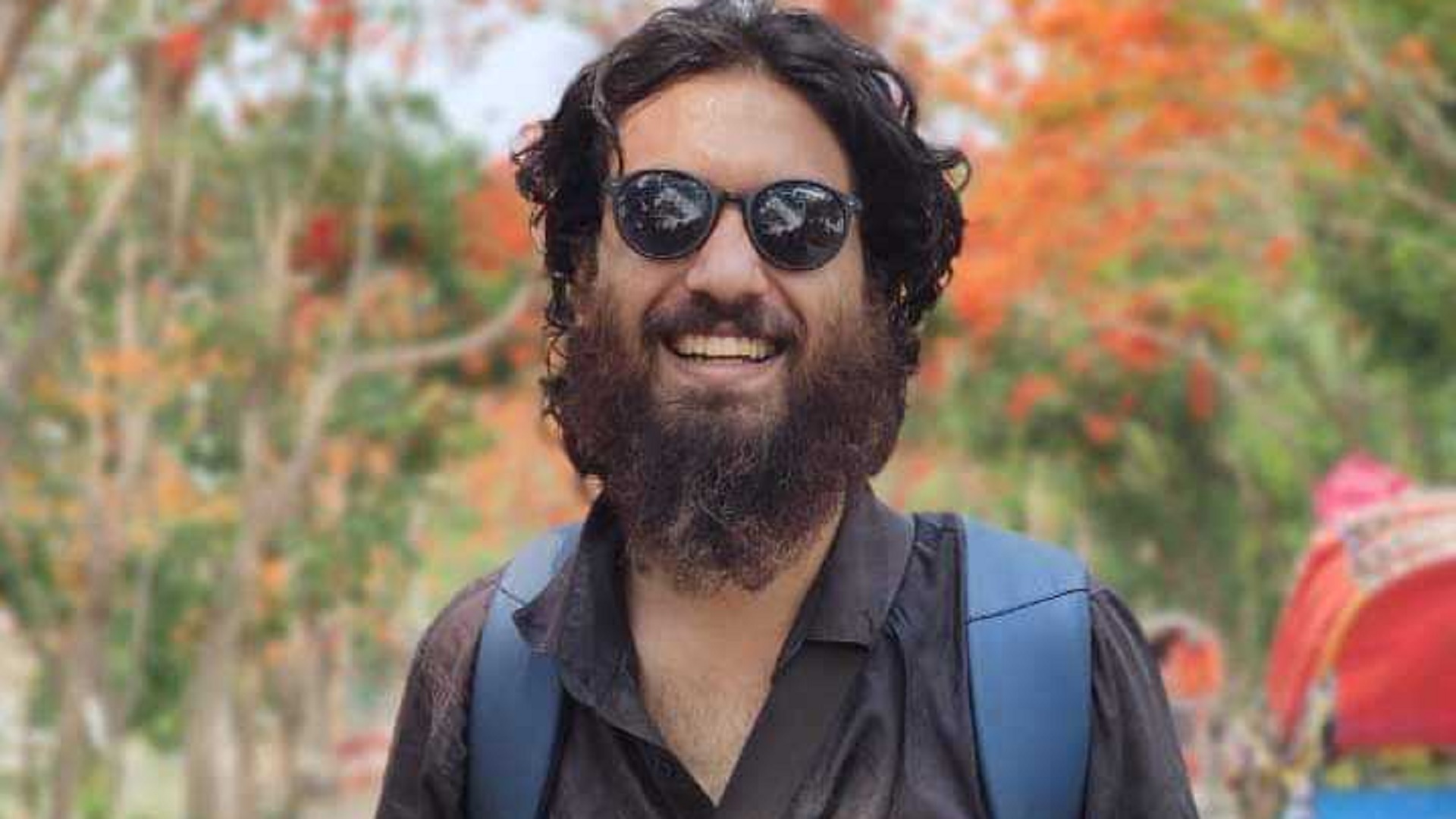Dhaka
Friday, 24 May, 2024
- Dhaka, Friday, 24 May, 2024
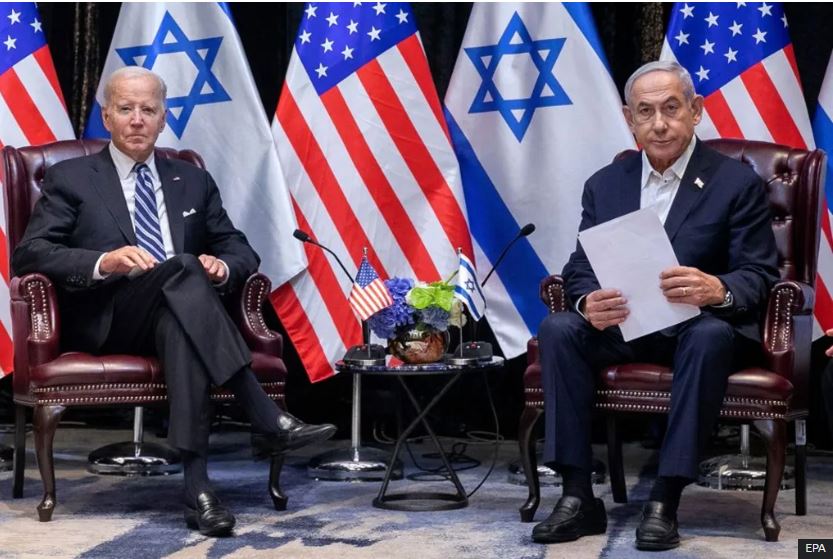
International Desk, Bangladesh Global: President Joe Biden upended part of one of the world’s most significant strategic relationships this week.
It happened in a TV interview, when Mr Biden was asked what would happen if Israel went ahead with a planned invasion of Rafah. “I’m not supplying the weapons,” he replied.
Arms shipments are the bedrock of the US-Israel alliance. For the first time in four decades, a crack appeared.
Mr Biden has been under sustained pressure at home and abroad to help prevent further major civilian casualties and a worsening humanitarian crisis in Gaza. He finally crossed the threshold of withholding arms shipments to Israel, American’s closest strategic ally in the region - a move not seen since President Ronald Reagan in the 1980s.
Since the start of the war, Mr Biden has been caught in a political divide between an unquestioningly pro-Israel Republican party, and his own deeply divided Democratic Party, says Aaron David Miller, a former State Department analyst and veteran Middle East peace negotiator.
Until now, the president has appeared reluctant to do anything seen to damage the US-Israel relationship, Mr Miller says.
What changed was Mr Biden’s view that the Israelis were close to a decision to invade Rafah.
On Monday, Israel said its ground forces were starting "targeted activity" in the east of the city, with Israeli tanks said to be massed close to built-up areas. Residents reported the constant sound of shelling and said barely functioning hospitals were overwhelmed with the wounded.
The UN says more than 100,000 people have fled the fighting, and are facing dire shortages of shelter, food, water and sanitation services.
Prime Minister Benjamin Netanyahu has repeatedly vowed to launch a full ground invasion of the city, home to more than a million displaced Palestinians. He says a major operation is required to destroy four remaining Hamas battalions hiding there, and will be carried out regardless of whether any ceasefire talks succeed.
Washington has repeatedly urged him not to, pressing for a more “targeted operation” in Rafah against Hamas. Mr Miller says the president fears a Rafah invasion “would fundamentally undermine any chance of de-escalating the war and freeing hostages”.
The former official, who spent years advising administrations in which Mr Biden served, says the president also wants to avoid a crisis with neighbouring Egypt. There is also the risk that an invasion would spark more angst and divisions in the Democratic Party, he says. “So he sent a signal,” says Mr Miller.
In the run up to Mr Biden’s TV interview on Wednesday, the US put a “pause” on an arms shipment to Israel - just one consignment of 2,000-pound and 500-pound bombs.
A senior administration official told me there was particular concern on the “end use” of the high payload weapons and the impact they could have in dense urban settings, “as we have seen in other parts of Gaza”.
The 2,000 pound bombs are among the most destructive munitions in Israel’s arsenal. Its military argues such munitions are necessary to eliminate Hamas. Also under review were shipments of Joint Direct Attack Munitions (JDAM) kits which convert unguided bombs into guided ones, the US official said.
On Friday, the state department issued a report ordered by Mr Biden earlier this year, which said Israel may have used American-supplied weapons in breach of international humanitarian law in some instances during the war in Gaza.
But the report said that it did not have "complete information" in its assessment, meaning military aid could continue. Colonel Joe Buccino, a former US army artilleryman who rose to become a senior official at Centcom, the US military command in the Middle East, points out that the Israeli military could “level” Rafah with the munitions it already has.
Washington supplies Israel with $3.8bn of military assistance a year. Congress recently added to that a further $17bn worth of weapons and defence systems - Israel is cumulatively the world’s largest ever recipient of US lethal aid.
Col Buccino says the paused shipment is “somewhat inconsequential” to any assault assault on Rafah.
“It's like a little bit of a political play for people in the United States who are… concerned about this,” he says.
Whether that is the case or not, it has not blunted the political fallout from Mr Biden’s move. In the halls of the US Senate, Republicans were seething.
“I think that pause is absolutely outrageous,” said US Senator Pete Ricketts, speaking to me outside a meeting of the Foreign Relations Committee. “The president really has no business doing this.”
When I put it to him that Israel still has the means to carry out its stated planned assault, he replied: “This is about supporting our ally Israel against a terrorist organisation.”
Another Republican Senator, John Barrasso, said that Israel had a right to “do what they want to do to protect their sovereignty”. For him Mr Biden’s move demonstrated one thing: “A weakness of this president.”
But within Mr Biden’s own party, there has been a warmer reception for the shift. (BBC)
Stay tuned for latest news and updates bangladeshglobal.com Log in to get breaking news and hot topics of the day:www.bangladeshglobal.com




